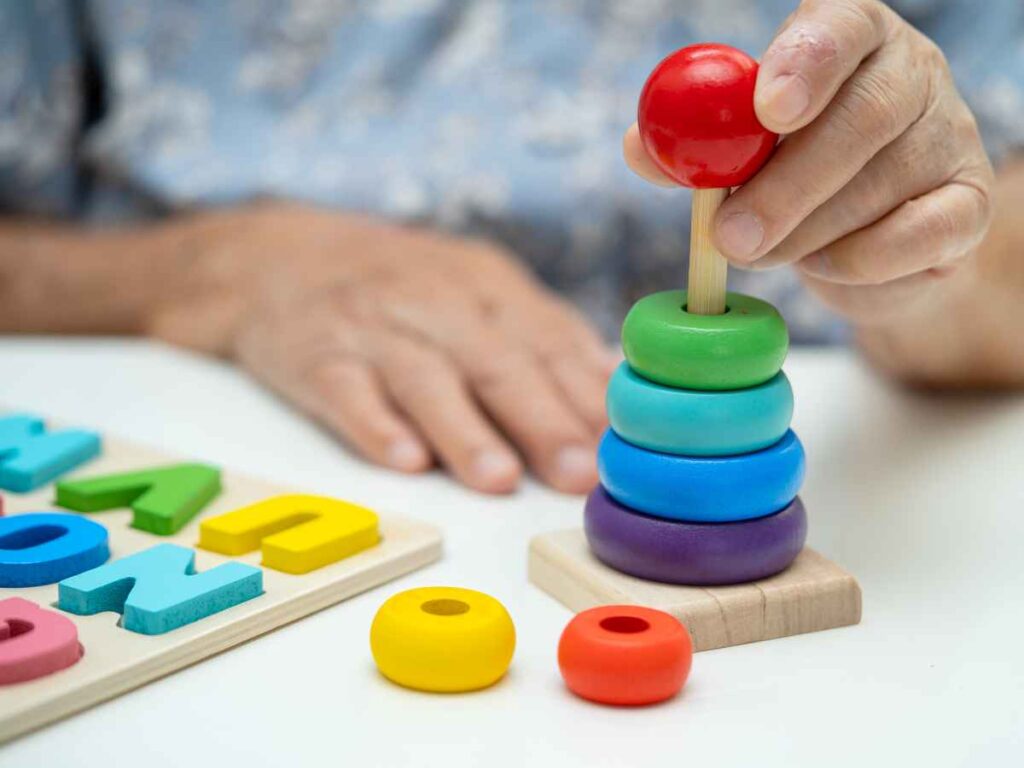⚠︎ Trigger warning ⚠︎ Mentions of severe mental health issues such as suicide
Spinal cord injury (SCI) and mental health issues are often co-occurring. Not only are patients dealing with physical limitations but they also experience huge psycho-social consequences. Adults with SCI are 80% more likely than uninjured people to develop psychological difficulties, such as depression and anxiety. Depending upon the level and nature of injury, a patient may have very visible impairments such as paraplegia or quadriplegia but the unseen consequences are also significant. Other consequences of the injury include limitations in cardio-pulmonary and respiratory functions, neurogenic bowel and bladder dysfunction, risk of falls and fractures as well as long-term hormonal changes. Many patients find it extremely challenging to go through their day-to-day lives and are restricted to a limited social life. Mental health after a severe SCI can present in a number of different ways.
Depression, Anxiety, and PTSD
The potentially traumatic or distressing nature of acquiring a SCI and the associated life changes that ensue can increase the risk of negative mental health outcomes. Unsurprisingly, some individuals with spinal cord injury experience psychological distress, including clinical levels of depression and anxiety. Prevalence rates of clinical depression among spinal cord injury patients are estimated at 22–28%, rates of clinical anxiety are around 20%, and rates of posttraumatic stress disorder (PTSD) are around 12%. In comparison, among the general adult population in the USA, rates for clinical depression, anxiety, and PTSD are approximately 7%, 3%, and 3.5%, respectively
Suicide
There is an increased risk of suicide among people with SCI compared to the general population, attributable to both pre- and post-injury factors such as psychiatric history prior to injury, increased duress following injury, and associated changes in functioning. There are estimates that 4–11% of deaths following SCI are attributable to suicide.
Cognitive Impairment
Many SCI survivors also suffer from brain injuries, subarachnoid haemorrhage, and compromised circulation during the initial trauma. Hence, they are at increased risk of cognitive impairment. Research indicates that SCI is a risk factor for dementia, likely due to the neurodegenerative consequences of spinal cord injury.

Sexuality and Relationships
With regard to the impact of spinal cord injury on sexuality, SCI results in reduced physical abilities as well as hormonal changes. A vast majority of the patients suffer from reduced or even non-existent libido. Couples often experience increased stress and changed relationship dynamics after one partner experiences an SCI. Research among heterosexual couples indicates that those who respond to injury with flexibility, openness, and creativity tend to fare better than those who engage in denial or minimization.
Pain and Sleep Dysregulation
One of the most debilitating consequences of a SCI is chronic neuropathic or somatic pain. This greatly influences a patient’s ability to engage or participate in social activity and plays a significant role in affecting their mental health.
Pain as well as other factors, such as a need to perform the intermittent catheterization and requirements for frequent repositioning results in chronic sleep deprivation as well as disturbed sleep patterns. This contributes greatly towards compromised mental health. The majority of the SCI survivors are on long-term pain and anxiolytic medications. The side effects of these include deteriorated mental health and cognitive impairments as well as sleep disturbances.

How Spinal Cord Stimulation and Rehabilitation Helps.
One of the best coping strategies to deal with the physical and mental effects of injury is to stay as physically active as possible. This includes clinical-grade rehabilitation as well as physical activity in home care settings. Many patients find movement a useful coping strategy for mental challenges.
Spinal cord stimulation can play a significant role in restoring volitional muscle functions, improving autonomic and cardiovascular function, and improving sexual function. These all have a great positive impact on the mental health of SCI patients. After the spinal cord stimulation patients are able to perform significantly more intense physical exercises, regain the ability to stand and take steps as well as see improvements in their bowel, bladder, and sexual functions. All the physical, autonomic, and cardiovascular improvements can have a huge impact on improving mental health and state of wellbeing.
References
- Schultz, K. R., Mona, L. R., & Cameron, R. P. (2022). Mental Health and Spinal Cord Injury: Clinical Considerations for Rehabilitation Providers. Current physical medicine and rehabilitation reports, 10(3), 131–139.
- Richards J, Kewman D, Richardson E, Kennedy P. (2019) Spinal cord injury. In: Frank RG, Rosenthal M, Caplan B, editors. Handbook of Rehabilitation Psychology. 2. Washington: American Psychological Association; pp. 9–28
- Barclay, L., Lentin, P., Bourke-Taylor, H., & McDonald, R. (2019). The experiences of social and community participation of people with non-traumatic spinal cord injury. Australian occupational therapy journal, 66(1), 61–67.
- Bonanno G. A. (2004). Loss, trauma, and human resilience: have we underestimated the human capacity to thrive after extremely aversive events?. The American psychologist, 59(1), 20–28.
- Bonanno, G. A., Kennedy, P., Galatzer-Levy, I. R., Lude, P., & Elfström, M. L. (2012). Trajectories of resilience, depression, and anxiety following spinal cord injury. Rehabilitation psychology, 57(3), 236–247.
- Brazeau, H., & Davis, C. G. (2018). Hope and psychological health and well-being following spinal cord injury. Rehabilitation Psychology, 63(2), 258–266.
- Driver, S., Warren, A. M., Reynolds, M., Agtarap, S., Hamilton, R., Trost, Z., & Monden, K. (2016). Identifying predictors of resilience at inpatient and 3-month post-spinal cord injury. The journal of spinal cord medicine, 39(1), 77–84.






